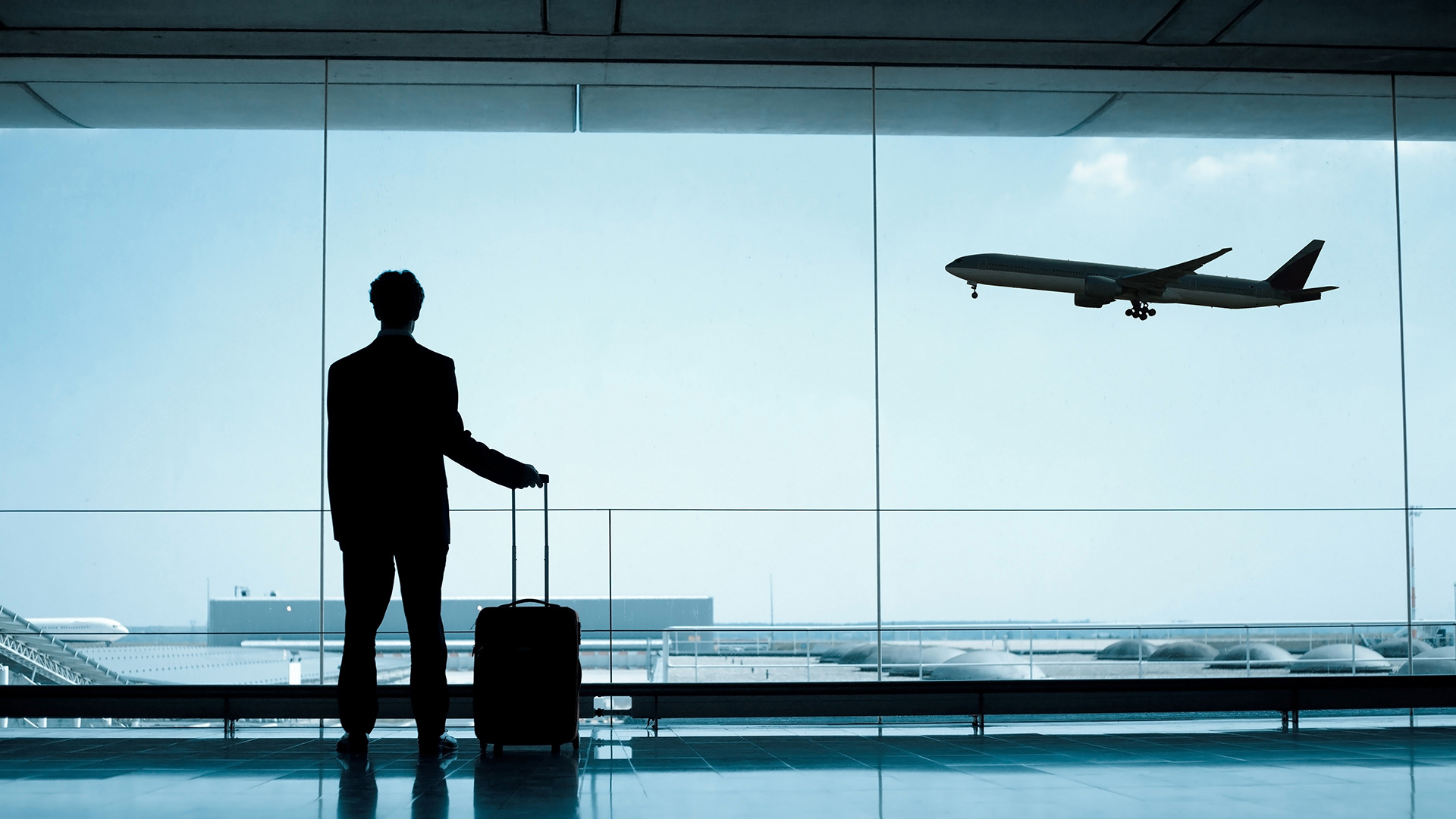Below are updates to US travel restrictions announced by the US government for the week ending March 20.
UPDATE (March 21, 2020) - Canada/US Border: Non-essential cross-border travel suspended
Effective March 21, the United States and Canada have temporarily restricted travel through land ports of entry and ferry terminals along the Canada-United States border to “essential travel” only The restrictions will remain in effect until 11:59 p.m. on April 20, 2020, but may be revoked or extended as deemed necessary. The restriction is aimed at stopping travellers who wish to cross the border for tourism purposes (e.g., shopping, sightseeing, recreation, gambling, or attending cultural events).
The US Department of Homeland Security (DHS) has defined “essential travel” to include:
- US citizens and lawful permanent residents returning to the United States;
- Individuals traveling for medical purposes (e.g., to receive medical treatment in the United States);
- Individuals traveling to attend educational institutions;
- Individuals traveling to work in the United States (e.g., individuals working in the farming or agriculture industry who must travel between the United States and Canada in furtherance of such work);
- Individuals traveling for emergency response and public health purposes (e.g., government officials or emergency responders entering the United States to support federal, state, local, tribal, or territorial government efforts to respond to COVID-19 or other emergencies);
- Individuals engaged in lawful cross-border trade (e.g., truck drivers supporting the movement of cargo between the United States and Canada);
- Individuals engaged in official government travel or diplomatic travel;
- Members of the US Armed Forces, and the spouses and children of members of the US Armed Forces, returning to the United States; and
- Individuals engaged in military-related travel or operations.
These restrictions do not apply to air, freight rail, or sea travel between the United States and Canada at this time.
At the time of this writing, we do not know how US Customs and Border Protection (USCBP) officers will apply this new policy to (1) Canadians who wish to enter the US with their existing US work permits, and (2) Canadians who wish to apply for new work authorization or renew existing work authorization (L-1 and TN status) at the border.
Both President Trump and Prime Minister Trudeau have stated trade and commerce will not be affected by this suspension.
Mexico/US Border: Non-essential cross-border travel suspended
Effective March 21, the United States and Mexico have temporarily restricted travel through land ports of entry and ferry terminals along the US-Mexico-border to “essential travel” only. The restrictions will remain in effect until 11:59 p.m. on April 20, 2020, but may be rescinded or extended as deemed necessary. The restriction is aimed at stopping travellers who wish to cross the border for tourism purposes (e.g., shopping, sightseeing, recreation, gambling, or attending cultural events).
The DHS has defined “essential travel” to include:
- US citizens and lawful permanent residents returning to the United States;
- Individuals traveling for medical purposes (e.g., to receive medical treatment in the United States);
- Individuals traveling to attend educational institutions;
- Individuals traveling to work in the United States (e.g., individuals working in the farming or agriculture industry who must travel between the United States and Mexico in furtherance of such work);
- Individuals traveling for emergency response and public health purposes (e.g., government officials or emergency responders entering the United States to support federal, state, local, tribal, or territorial government efforts to respond to COVID-19 or other emergencies);
- Individuals engaged in lawful cross-border trade (e.g., truck drivers supporting the movement of cargo between the United States and Mexico);
- Individuals engaged in official government travel or diplomatic travel;
- Members of the US Armed Forces, and the spouses and children of members of the US Armed Forces, returning to the United States; and
- Individuals engaged in military-related travel or operations.
These restrictions do not apply to air, freight rail, or sea travel between the United States and Mexico at this time.
At the time of this writing, we do not know how US Customs and Border Protection officers will apply this new policy to Mexicans who wish to enter the US with their existing US work permits visas.
UPDATE (March 20, 2020) - Extending ESTA/visa waiver participants' periods of admission
Individuals admitted under the ESTA/visa waiver program (VWP) who are unable to depart the US before their period of admission expires because of COVID-19-related issues AND who were admitted to the US through John F. Kennedy International Airport, NY (JFK) or Newark Liberty International Airport, NJ (EWR), can contact the deferred inspections office at JFK and request to extend for up to 30 additional days.
The USCBP at the Seattle field office will be implementing a similar process in the coming days. An official effective date has not been announced.
Travellers will need to provide their names, dates of birth and passport information at the time of the request. They may be asked to provide the original departure flight itinerary along with the new flight itinerary.
Requests for an extension of stay (also known as a request for a “satisfactory departure”) can be made by those with ESTA/VWP expirations within 14 days of the date they contact deferred inspections at JFK. If their admission period has already expired, the decision to grant extensions will be reviewed case by case.
To contact JFK deferred inspection to make the satisfactory departure request, call (718) 553-3683 or (718) 553-3684, Monday – Friday, 9 a.m. to 4 p.m. ET.
To contact Seattle deferred inspection to make the satisfactory departure request, use the following email address: i94.correction.seattle@cbp.dhs.gov.
Trusted traveler enrollment centers suspended until May 1, 2020
On March 19, the DHS announced the suspension of operations for all CBP trusted traveler program enrollment centers due to the outbreak of COVID-19. Effective March 19, and at least until May 1, 2020, the temporary closure includes all public access to Global Entry, NEXUS, SENTRI, and FAST enrollment locations.
Additionally, as of February 6, residents of the State of New York will no longer be eligible to apply for or renew membership in CBP trusted traveler programs.
Premium processing suspended for all I-129, I-140 and H-1B petitions
Effective March 20, premium processing services on all Form I-129 (Petition for Nonimmigrant Worker) and Form I-140 (Immigrant Petition for Alien Worker) will be suspended until further notice.
Employers who have already filed the forms using premium processing service and who did yet receive any agency action on their case within the 15-day calendar period will receive a refund.
Premium processing on all H-1B petitions, those subject to the cap and cap-exempt petitions, have been suspended until further notice. This announcement replaces all previous announcements by US Citizenship and Immigration Services (USCIS) about premium processing for H-1B applications for FY2021.
Flexibility in submitting required signatures
Effective March 20, USCIS will accept all benefit forms and documents with reproduced original signatures, rather than original “wet” signatures, including the Form I-129, Petition for Nonimmigrant Worker. The new policy will apply to all submissions dated March 21, 2020 and beyond.
Forms that usually require an original signature may be scanned, faxed, photocopied, or similarly reproduced provided that the copy must be of an original document containing an original handwritten signature. USCIS will accept electronically reproduced original signatures for the duration of the national emergency. This temporary change only applies to signatures.


